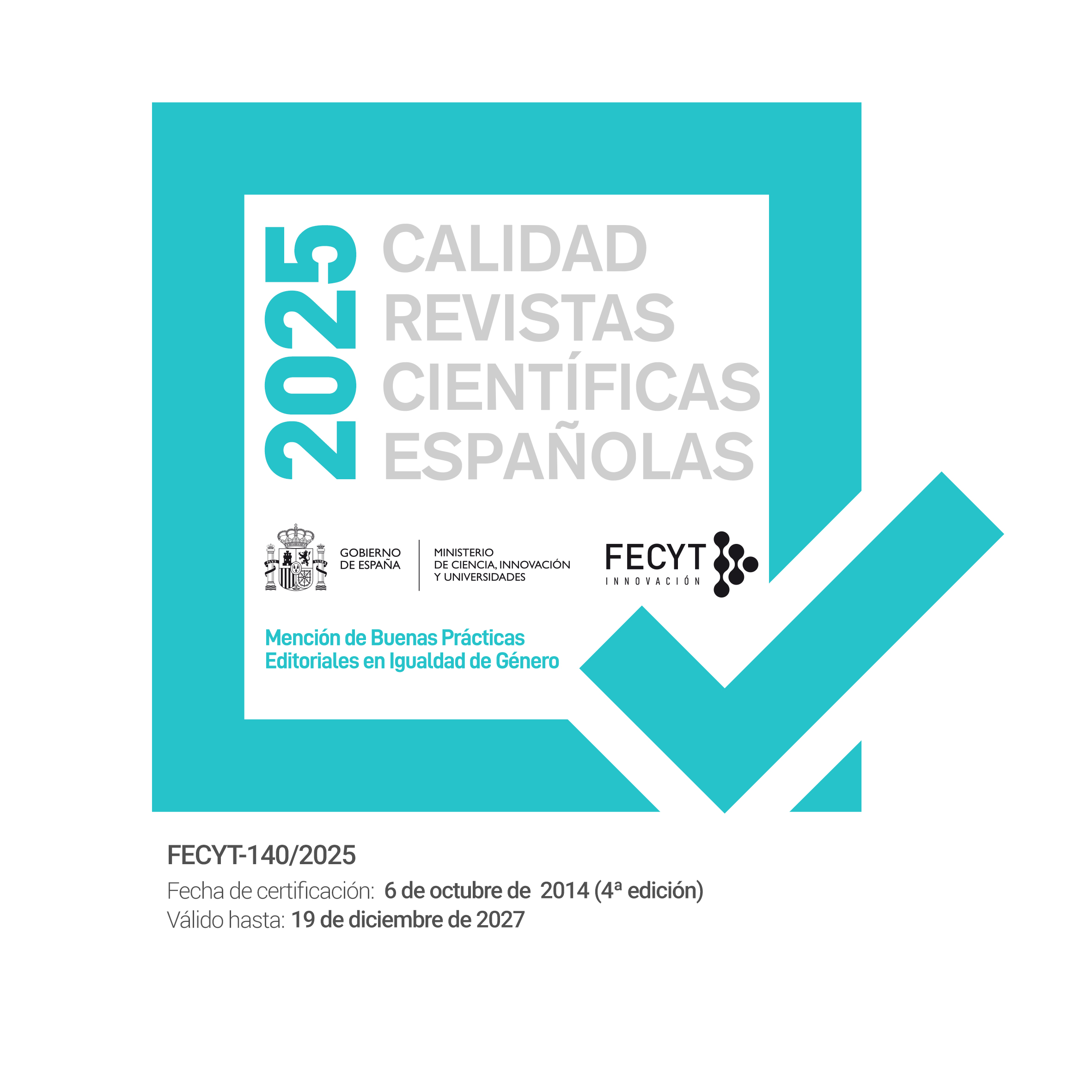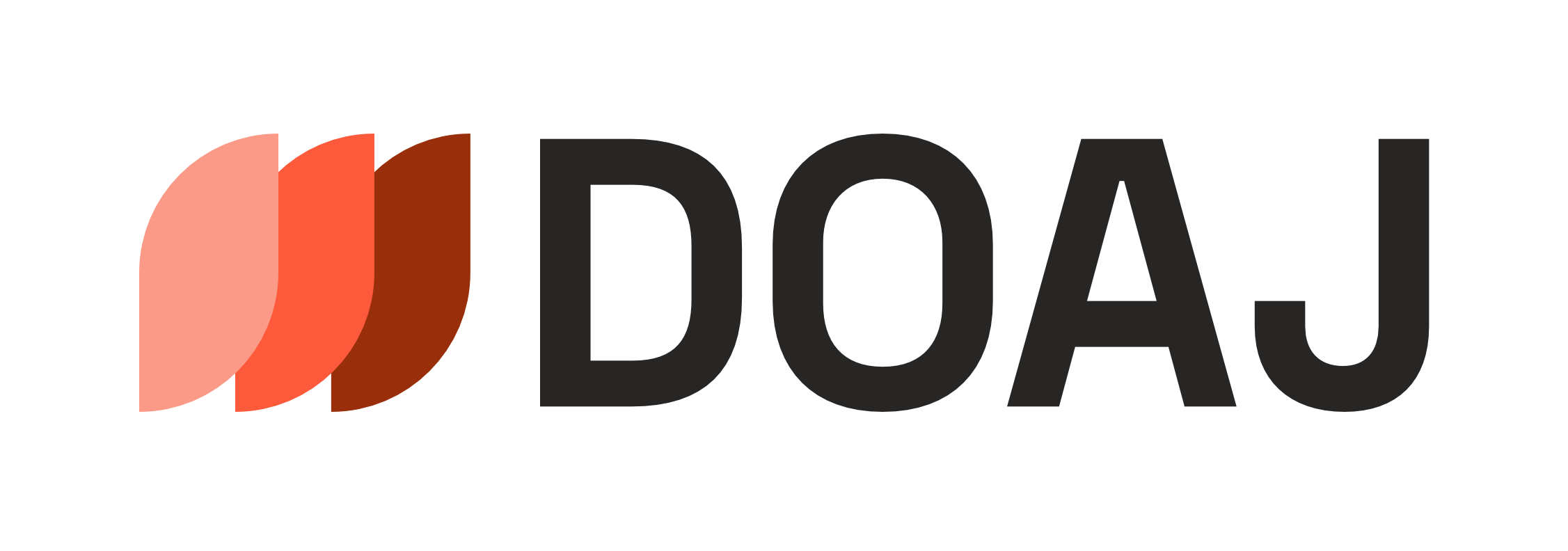¿Influye la maternidad en la carrera profesional de las mujeres? Percepciones de madres trabajadoras en la academia
DOI:
https://doi.org/10.5944/educxx1.26714Palabras clave:
Carrera profesional, promoción, género, maternidad, conciliación familiar y laboralResumen
En el ámbito universitario y de las instituciones de investigación, las mujeres tienen una baja representación. Después de obtener un doctorado, parecen progresar poco y su carrera profesional se ve obstaculizada por responsabilidades familiares. La maternidad puede afectar a la productividad científica y, por lo tanto, las posibilidades de promoción. Equilibrar las tareas de docencia, investigación, gestión y otros roles dentro de la academia con la conciliación cuando se es madre puede resultar difícil. El estudio que se presenta comprende una encuesta online que se ha realizado a madres recientes (con hijos de hasta 5 años) que trabajan en una universidad española, concretamente en la Universidad de Murcia (n=80), con el objeto de conocer sus puntos de vista sobre la maternidad y el trabajo que realizan. Los resultados demuestran que estas científicas se inclinan por una mayor dedicación a la docencia que a la investigación, presentando desventajas con respecto a la movilidad y el trabajo desde casa. El 63% percibe que su currículum vitae es menos competitivo que el de sus compañeras de trabajo que no son madres, alegando que su productividad en investigación disminuyó por el hecho de su maternidad. A pesar de estas dificultades, los resultados muestran que más de la mitad confía en que pronto tendrán posibilidades de promocionar. Con el objeto de disminuir el techo de cristal existente, se deben implementar acciones y políticas que promuevan la igualdad de acceso y promoción a la carrera científica y que integren la vida laboral y el cuidado familiar.
Descargas
Citas
Aiston, S.J. & Jung, J. (2015). Women academics and research productivity: an international comparison. Gender and Education, 27(3), 205-220. http:// dx.doi.org/10.1080/09540253.2015.10 24617.
Armenti, C. (2004). Gender as a barrier for women with children in Academe. The Canadian Journal of Higher Education, 34(1), 1-26. https://bit. ly/2ODrv2y.
Brown, E.J., Brady, K.L., Iwamasa, G.Y., & Caldwell-Colbert, T. (2002). Taking steps as Women in Academia: Struggles and solutions. Behavior Therapist, 25(10), 189-192.
Cech, E.A. & Blair-Loy, M. (2019). The changing career trajectories of new parents in STEM. PNAS, 116(10), 4182-4187. https://doi.org/10.1073/ pnas.1810862116.
Cole, J.R. & Zuckerman, H. (1987). Marriage, motherhood and research performance in Science. Scientific American, 256(2), 119-125.
Consell Interuniversitari de Catalunya. (2015). Doctas, doctoras y catedráticas. Cien años de acceso libre de la mujer a la Universidad. Generalitat de Catalunya. https://bit.ly/39ixQs1.
Educabase (s. f.). Statistics of the Ministry of Education and Professional Training, 2017-2018 and 2016-2017. https://bit.ly/2UzqpIY.
European Institute for Gender Equality (2016a). Gender in research. European Institute for Gender Equality. European Institute for Gender Equality. https:// doi.org/10.2839/32846.
European Institute for Gender Equality (2016b). Gender equality in Academia and Research. GEAR tool. European Institute for Gender Equality. European Institute for Gender Equality. https://doi.org/10.2839/0272.
European Institute for Gender Equality (2016c). Integrating gender equality into academia and research organisations. Analytical paper.
European Institute for Gender Equality. European Institute for Gender Equality. https://doi. org/10.2839/381194.
European Institute for Gender Equality (2018). Gender Equality Index 2017: Spain. European Institute for Gender Equality. European Institute for Gender Equality. https://doi. org/10.2839/429537.
European Technology Assessment Group (2001). Science policies in the European Union: promoting excellence through mainstreaming gender equality. European Commission.
European Commission (2015). She Figures 2015: gender in research and innovation, statistics and indicators. European Union. https://doi. org/10.2777/49050.
European Commission (2018a). Guidance to facilitate the implementation of targets to promote gender equality in research and innovation. European Commission. https://doi.org/10.2777/956389.
European Commission (2018b). She Figures 2018.: European Union. https:// doi.org/10.2777/936.
Fundación Española para la Ciencia y la Tecnología (2005). Mujer y ciencia. La situación de las mujeres investigadoras en el Sistema Español de Ciencia y Tecnología. Fundación Española para la Ciencia y la Tecnología. Fundación Española para la Ciencia y la Tecnología.
Fothergill, A. & Feltey, K. (2003). I’ve Worked Very Hard and Slept Very Little. Mothers on the Tenure Track in Academia. Journal of the Association for Research on Mothering 5(2), 7-19. https://bit.ly/31K9PYw.
García de León, M.A. & García de Cortazar, M. (Coords.). (2001). Las académicas. Profesorado universitario y género. Instituto de la Mujer.
Hansmann, R. & Schröter. D. (2018). Equal opportunities in academic careers? How mid-career scientist at ETH Zurich evaluate the impact of their gender and age. Sustainability 10, 33-43. https://doi.org/10.3390/ su10093343.
Instituto de la Mujer. (2006). Mujeres y hombres en la ciencia española. Una investigación empírica. Instituto de la Mujer. https://bit.ly/2H8PHWw.
Lynn, C.D., Howells, M.E., & Stein, M.J. (2018). Family and the field: expectations of a field-based research career affect researcher family planning decisions. PLoS ONE, 13(9), 1-25. https://doi.org/10.1371/journal. pone.0203500.
Mason, M.A. & Goulden, M. (2002). Do Babies Matter? The Effect of Family Formation on the Lifelong Careers of Academic Men and Women. Academe, 88(6), 21-27. https://doi. org/10.2307/40252436.
Morgenroth, T. & Heilman. M.E. (2017). Should I stay or should I go? Implications of maternity leave choice for perceptions of working mothers. Journal of Experimental Social Psychology, 72, 53-56. https:// doi.org/10.1016/j.jesp.2017.04.008.
Moss-Racusin, C.A., Dovidio, J.F., Brescoll, V.L., Graham, M.J., & Handelsman, J. (2012). Science faculty subtle gender biases favour male students. PNAS, 109(41), 16474-16479. https://doi.org/10.1073/ pnas.1211286109.
Nature (1999). How to boost the career of women in science? Nature Opinion, 401, 99. https://doi. org/10.1038/43494DO.
O’ Laughlin, M.E. & Bischoff, L.G. (2005). Balancing parenthood and academia: work/family stress as influenced by gender and tenure status. Journal of Family Issues, 26(1), 79-106. https://doi.org/10.1177/0192513X04265942.
Puy Rodríguez, A. (ed.) (2016). Científicas en cifras 2015. Estadísticas e indicadores de la (des)igualdad de género en la formación y profesión científica. Ministerio de Economía, Industria y Competitividad. https://bit. ly/3bpQtMv.
Puy Rodríguez, A. (ed.) (2018). Científicas en cifras 2017. Estadísticas e indicadores de la (des)igualdad de género en la formación y profesión científica. Ministerio de Ciencia, Innovación y Universidades. https:// bit.ly/2uuolav.
Régner, I., Thinus-Blanc, C., Netter, A., Schmader, T., & Huguet, P. (2019). Committees with implicit biases promote fewer women when they do not believe gender bias exist. Nature Human Behaviour. https://doi. org/1038/s41562-019-0686-3DO.
Reuben, E., Sapienza, P., & Zingales, L. (2014). How stereotypes impair women’s career in science. PNAS 111(12), 4403-4408. https://doi. org/10.1073/pnas.1314788111.
Sánchez de Madariaga, I., de la Rica, S., y Dolado, J.J. (eds.) (2011). Libro blanco: situación de las mujeres en la ciencia española. Ministerio de Ciencia e Innovación. https://bit.ly/2UDCIUy.
Sax, L.J., Serra Hagedorn, L., Arredondo, M., &. Dicrisi, F.A. (2002). Faculty research productivity: exploring the role of gender and family- related factors. Research in Higher Education, 43(4), 423-446. https://doi. org/10.1023/A:1015575616285
Serna, E., Hernández, P.J., y Mandesi, U. (2012). Estudio diagnóstico sobre igualdad de oportunidades de hombres y mujeres en la Universidad de Murcia. Universidad de Murcia. https://bit. ly/31CiKep.
UNESCO (s.f.) Institute for Statistics. Women in Science. http://uis.unesco. org/en/topic/women-science.
Valian, V. (2009). Beyond Gender Schemas: improving the advancement of women in academia. Hypatia, 20 (3), 198-213. https://doi. org/10.1111/j.1527-2001.2005. tb00495.x.
Williams, J.C. (2004). Hitting the Maternal Wall. American Association of University Professors, 90(6), 16-20. http://www.jstor.org/stable/40252700.
Witteman, H.O., Hendricks, M., Straus, S., & Tannenbaum, C. (2019). Are gender gaps due to evaluations of the applicant or the science? A natural experiment at a national funding agency. The Lancet, 393, 531-540. https://doi.org/10.1016/S0140-6736(18)32611-4.
Wolf-Wendel, L. & Ward, K. (2003). Future prospects for women faculty: negotiating work and family. In B. Roper-Huilman (ed), Gender Futures in Higher Education. Critical perspectives for change, (pp. 111-134). State University of New York Press.
Ysseldyk, R., Greenaway, K.H., Hassinger, E., Zutrauen, S., Lintz, J., Bhatia, M.P., et al. (2019). A Leak in the Academic Pipeline: Identity and Health Among Postdoctoral Women. Front. Psychol, 10, 1297. https://doi. org/10.3389/fpsyg.2019.01297.
Descargas
Publicado
Cómo citar
Número
Sección
Licencia
Derechos de autor 2020 Educación XX1

Esta obra está bajo una licencia internacional Creative Commons Atribución-NoComercial 4.0.
La revista Educación XX1 se publica bajo licencia Creative Commons Reconocimiento-NoComerciaL 4.0 (CC BY-NC 4.0). Se permite la generación de obras derivadas siempre que no se haga un uso comercial. Tampoco se puede utilizar la obra original con finalidades comerciales.










